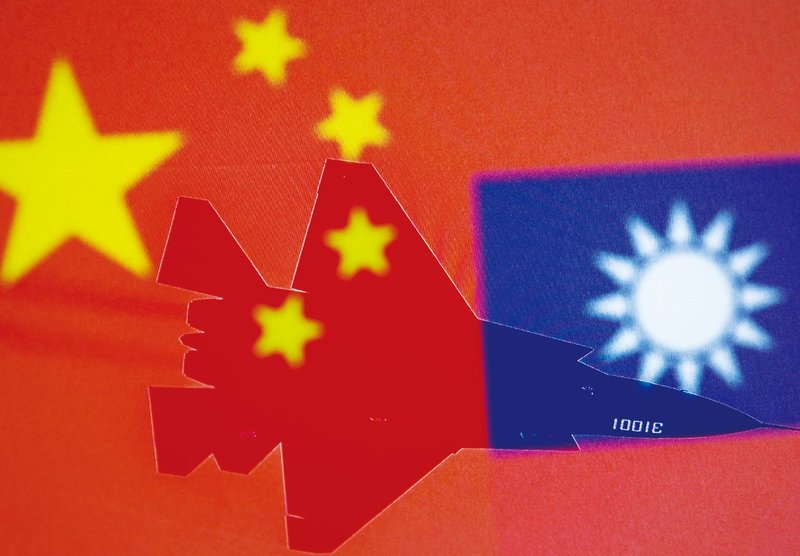
A recent public opinion survey conducted by The Carter Center and Emory University offers a rare window into Chinese attitudes on foreign policy—and while parts of the data appear moderate on the surface, a closer look reveals deep currents of nationalism and strategic hostility toward the United States and its allies.
According to the survey, only 23.5% of Chinese respondents held a favorable view of the United States and its people, while nearly 70% still agreed that peaceful U.S.-China relations are important for China’s continued economic development. This seeming contradiction—disliking America while acknowledging the need for cooperation—captures the essence of the threat: a rising power that sees economic ties with the U.S. as useful, even as its people support increasingly aggressive geopolitical behavior.
More than 66% of Chinese respondents believe supporting Russia’s invasion of Ukraine is in China’s national interest, and 80% trust Vladimir Putin to respect China’s sovereignty—despite his blatant disregard for international norms. These figures underscore a dangerous alignment: China not only sides with authoritarian regimes but views them as legitimate partners in challenging the U.S.-led world order.
On Taiwan, while 55.1% say force should not be used “under any circumstances,” nearly one-third support using force within the next five years, and nearly 25% oppose ruling out war altogether. This reveals a mindset that favors keeping war as an option if political conditions shift. Even without open conflict, such public backing enables Beijing to escalate military intimidation and economic pressure without domestic backlash.
Chinese support for coercion extends further. Most respondents back military intervention if Japan revises its constitution, and 81.1% believe Southeast Asian nations should stop resisting China’s South China Sea claims, regardless of international law. Nearly 80% support upholding border claims with India, even at risk of conflict.
These results reflect a public conditioned to support coercive, nationalistic foreign policy. While self-censorship may influence results, the trend is clear—the Chinese public has been primed to endorse expansionist actions that threaten American interests. And in authoritarian regimes, public sentiment often serves not as a constraint but as a justification for state aggression.
For the U.S., this is not just geopolitical—it’s ideological. China’s internal propaganda has framed America as a strategic enemy, with 87.6% believing the U.S. seeks to limit China’s rise. Nearly half see U.S. economic policy as a threat to China’s internal stability. This perception feeds a worldview in which America must be resisted, not reasoned with. It also strengthens domestic support for China's global assertiveness, even if it means long-term confrontation.
Unlike the Cold War’s opaque Soviet society, China’s digital age reveals a “people-powered” rivalry—one driven by resentment, ambition, and state-shaped hostility toward the West.
America must not be complacent. Economic ties should not blind policymakers to the deeper hostility now embedded in Chinese public opinion. Peace remains desirable—but it must be grounded in strength, deterrence, and awareness.
The threat isn’t just in Beijing’s decisions—it’s in the mindset of its people. And they are watching.